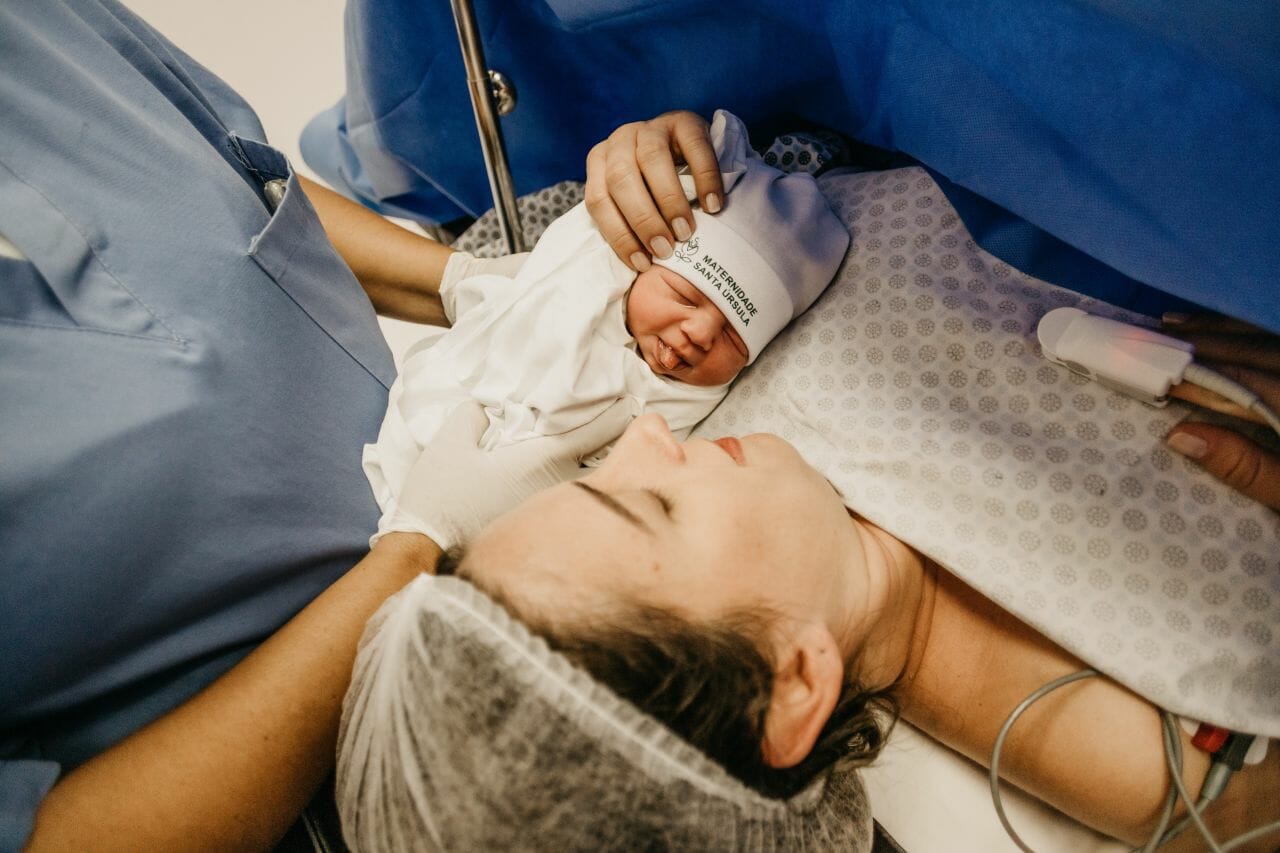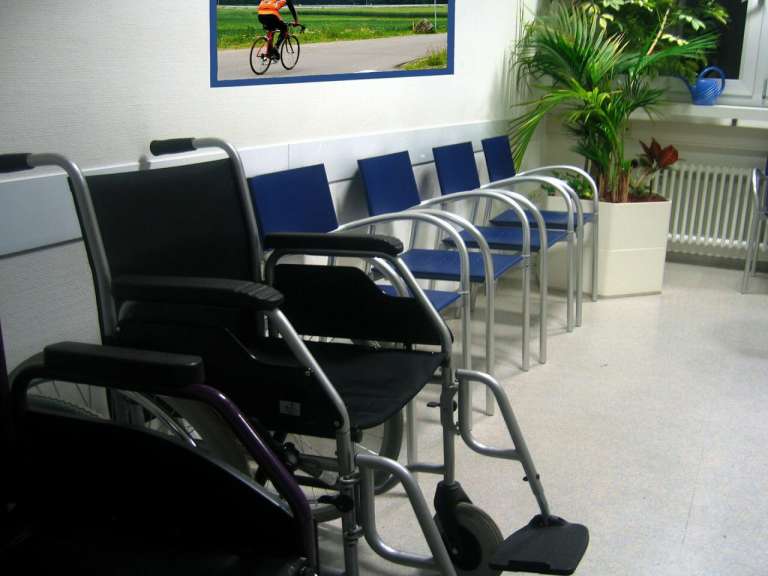Concerns have been raised against the East Kent NHS Foundation Trust about their maternity service. A BBC investigation highlighted at least seven preventable baby deaths within the last four years, with another 26 other maternity cases also being investigated.
East Kent Maternity Service
The trust, that consists of five hospitals and community clinics has since apologised and promised to address the situation, stating that they have “not always provided the right standard of care”.
But for most families, their actions are too late. A father, whose baby was stillborn, commented; “we have to live with it, for the rest of our lives… they’ve probably forgotten who we are”.
Harry Richford
Harry Richford was only seven days old when he died at Queen Elizabeth the Queen Mother (QEQM) Hospital in Margate (part of the East Kent Maternity service). The Coroner, Christopher Sutton-Mattocks, said after the inquest, that he found Harry’s death was “contributed to by neglect”. He was born in November 2017 in a “room full of panicking people”. He died seven days later after complications with his delivery and aftercare.
Archie Powell
Archie Powell was born on 10th February 2019, as a twin to his sister Evalene. He was initially treated for a bowel problem. But sadly died just four days after Medics failed to spot he was suffering from a common infection; group B streptococcus.
The delay in his treatment led to Archie dying of brain damage. The trust later found this could have been “potentially avoidable”. Archie’s mother Dawn said his death left a void in their lives.
Tallulah-Rai Edwards
Tullulah-Rai’s mother became anxious about her baby’s slowed movement at 36 week’s pregnant. She went to hospital for monitoring. The midwives struggled to get a good heart-rate reading on the cardiotocography (CTG) machine. Despite this they sent her home claiming that they were satisfied with the recording.
Two days later, she returned to the hospital insisting on further monitoring, but unfortunately, Tullulah-Rai had died. Following an internal investigation, the hospital concluded that “the CTG should have been continued for longer and an ultrasound arranged.”
Hallie-Rae Leek
Hallie-Rae Leek was just four days old when she died. A midwife struggled to find a heart rate, causing a delay in her birth. By the time Hallie-Rai was born, she was in poor condition and despite 22 minutes of resuscitating her, irreparable damage had been done.
Hallie-Rae’s heartbroken mother said “If she’d been born earlier, she would be here today, she’d have survived. It makes me feel angry that there’s so many cases of negligence, that babies are suffering and dying.”
Archie Batten
Archie’s mother called the QEQM to say she was in labour but was told that the maternity unit was closed and she should drive herself 38 miles away to the trust’s other hospital, the William Harvey in Ashford.
This was deemed unfeasible, and midwives were instead sent to her home where they struggled to deliver her baby. They, therefore, transferred her to QEQM, only for Archie to die shortly after birth.
Trust ‘requires improvement’
Ted Baker, chief inspector for hospitals at the commission said: “CQC’s 2016 inspection rated maternity services at East Kent NHS Foundation Trust as ‘requires improvement’, identifying that staffing levels were impacting on the quality of patient care”.
“That rating remained unchanged at our 2018 inspection, during which it was noted that the department had changed its approach to foetal monitoring training after concerns were identified.
“The trust remains subject to close monitoring and further inspections. We conducted an unannounced inspection of the trust’s maternity services and we will publish the findings of this inspection as soon as we are able to.”
How safe is NHS care?
The investigation revealed that 7,000 babies are born at the East Kent Hospital each year, a small proportion of the 700,000 births in England and Wales. Of these 5,000 babies are unfortunately stillborn or die before they are a month old. This tragic figure is showing signs of a decline, around a fifth lower than it was a decade ago.
Although many of the deaths are expected due to unavoidable complications, it is estimated that there are around 1,000 unexpected deaths and serious brain injuries.
The QEQM is not the first hospital to experience issues like these, in 2018 we reported that Shrewsbury and Telford Hospital faced similar issues.
Lisa Swales, Partner at Pryers said “I have worked with many families who have received poor standards of maternity care leading to tragic outcomes such as these which can have life changing consequences both for the prospective parents and for other family members such as siblings and grandparents. They often come to me looking for answers, trying to make sense of what went wrong.”
So what is the NHS doing to stop preventable baby deaths
NHS Resolution, the legal arm of the NHS, introduced a pilot scheme last year, after seeing an increase in the number of birth injury claims. The Early Notification scheme was created to investigate potential negligence at birth sooner, no longer relying on negligence claims to be raised to investigate the causes. With the correct measures in place, the NHS can begin to learn and properly address issues before they have a continued tragic effect.
To help with the government target of halving the rate of stillbirths, baby deaths and brain injury by 2025, the Healthcare Safety Investigations Branch will be responsible for investigating cases of potential avoidable harm rather than relying on the hospitals.
Although these are steps in the right direction, they don’t necessarily tackle the overarching resources issue in the NHS. The government have pledged to recruit more staff into the NHS, but there are concerns that this won’t be enough.
How Pryers can help you
Birth injuries and problems with delivery often point to failures in properly assessing the condition of the mother. If you feel that you have suffered from such medical negligence, please get in touch with one of our experts.





